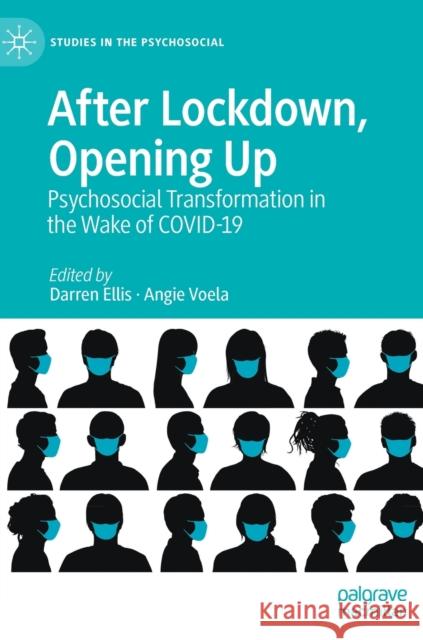After Lockdown, Opening Up: Psychosocial Transformation in the Wake of Covid-19 » książka
topmenu
After Lockdown, Opening Up: Psychosocial Transformation in the Wake of Covid-19
ISBN-13: 9783030802776 / Angielski / Twarda / 2021 / 251 str.
Kategorie:
Kategorie BISAC:
Wydawca:
Palgrave MacMillan
Seria wydawnicza:
Język:
Angielski
ISBN-13:
9783030802776
Rok wydania:
2021
Wydanie:
2021
Numer serii:
000456385
Ilość stron:
251
Waga:
0.57 kg
Wymiary:
21.01 x 14.81 x 2.24
Oprawa:
Twarda
Wolumenów:
01
Dodatkowe informacje:
Wydanie ilustrowane











